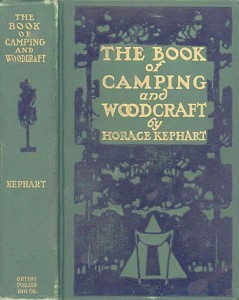
Having lived and read for so long, in and out of literary generations, and made lasting friends of so many books and enjoyed passionate one-night stands with others, how on earth to choose a favorite? If you asked me at age four, I would surely have said, The Exciting Adventures of Mr. Tom Squirrel. At nine, I might have picked Miss Couch and the Scamps, by Danville, Virginia’s own Julian Meade; at 14, in mid-war, A Ship to Remember, about the heroic USS Hornet; and at 18, Lillian Smith’s Killers of the Dream. But then came Columbia College, the classics, and majoring in English, and life has not been so simple since.
I could try deciding this by categories: in history, perhaps Barbara Tuchman’s Proud Tower. In memoirs, a tie between Twain’s Roughing It and Nabokov’s Speak, Memory, because they improved so blithely upon mere life. In poetry, Whitman’s Drum Taps, with its lilacs in the dooryard. But then there’s fiction. Picking a favorite here depends so much on my mood—frivolous or cerebral, sober or satirical, horny or sentimental—that the whole exercise becomes impossible.
Some books that will never make the canon are useful in such situations. For over a century, muddlers like me have found sanctuary in the works of a former librarian and reformed drunkard named Horace Kephart. In the 1890s, Horace fled to the Great Smokies to get sober. Up there at the blankest spot on the topographic map, he perfected solitude. Ever since, the resulting book, Camping and Woodcraft, has been gospel and guide for both deep-woods hippies and would-be woodsmen who never step off the Blue Ridge Parkway. It’s a little bit of why—“The charm of nomadic life is its freedom from care, its unrestrained liberty of action, and the proud self-reliance of one who is absolutely his own master.” But it’s mostly how—how to hang, clean, and cook a possum, how to go about gralloching (gutting a deer), and how to ward off chiggers (“rub kerosene on the wrists, neck, ankles, and abdominal region”) or use “powdered sulfur dusted into one’s drawers and stocking legs.” Invaluable guidance for anyone dodging hard decisions.

